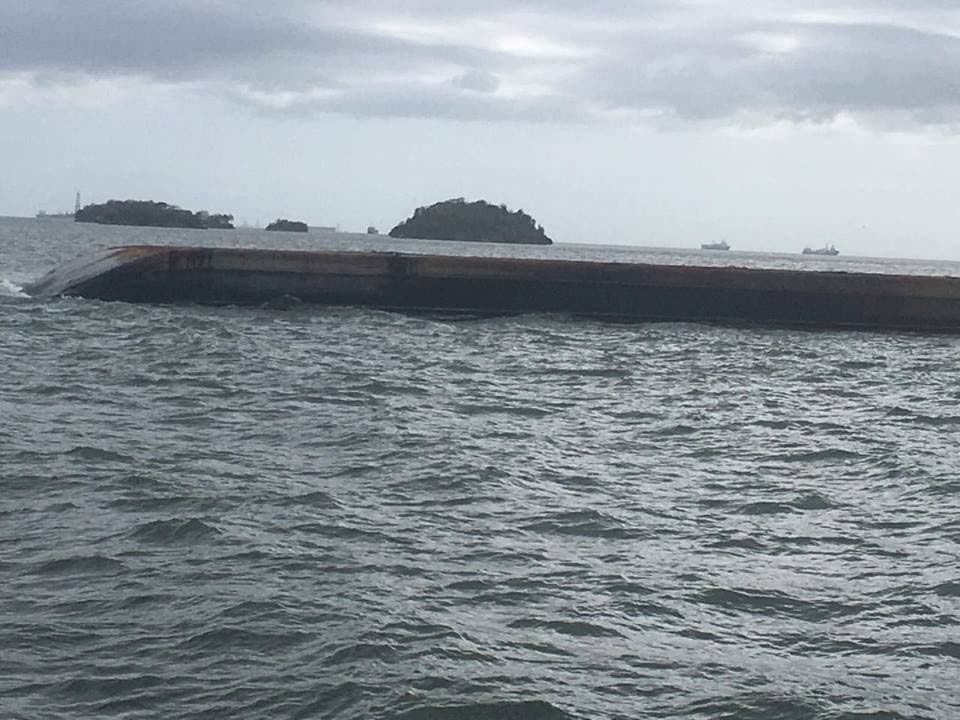‘Environmental time-bomb’

ONE of TT’s leading conservation organisations has observed that an oil leak takes place in Trinidad and Tobago every day as the local oil industry is more than 100 years old.
Papa Bois Conservation director Marc de Verteuil, in a media release stated there are “hundreds, maybe thousands of wells in South Trinidad” which have never been properly abandoned.
“There’s an oil leak in Trinidad for every day of the year, only a few make it to the media. The accumulative effect of these oil spills is significant. It’s a drop here, a splash there and a couple of barrels over-so but added altogether it amounts to a lot.”
He was responding to the ruptured Couva Marine 2 well which developed a leak on July 4 and began spewing a mix of hydrocarbons, including gas and mud into the Gulf of Paria.
De Verteuil observed the Couva Marine Oilfield was discovered in 1963 and developed by Dominion Oil of Canada before it was abandoned in 1976.
He said the well was never properly abandoned as this would have involved permanently plugging the well and removing the superstructure.
“The leaking Couva Marine 2 oil well was built to last 30 or 40 years. It is likely that some part of the superstructure corroded, breaking off a valve or pipe.” He noted that Trinidad’s oil industry is about 160 years old and close to 10,000 oil wells were drilled during that period, many of which were not properly abandoned.
“The accumulative effect of these oil spills is significant. Oil spill run-off threatens forest animals, agricultural land, fish stocks and drinking water. We can see the old, rotting, lost infrastructure on land but what is more worrisome is what we can’t see.
“The Gulf of Paria is criss-crossed with ancient oil pipelines and studded with forgotten wellheads like the Couva Marine 2. Records are often lacking about the location of pipelines, valves, their ages and levels of corrosion. Each one is an environmental time bomb waiting to go off.” He said a survey has to be done to “assess how much infrastructure is at risk, who is responsible for cleaning it up, how much it will cost and within what timeline” as TT’s oil industry is in its “twilight hour” with oil companies abandoning risky assets and leaving the country.
And regarding the impact on TT’s diverse eco-system, he said the biodiverse and fragile mudflats and mangroves of Trinidad’s west coast are vulnerable to any toxic event, including an oil spill.
He said this area is home to more than 60 bird species including the scarlet ibis, pelicans, black skimmers, laughing gulls, sandpipers, ospreys, frigate birds and flamingos.
De Verteuil stated scientific research has revealed that 99 per cent of oil-slicked birds “will die even after being cleaned.”
“Animal rehabilitation after an oil spill is mostly a feel-good effort to make the public feel that something is being done to save wildlife. Of course rehabilitation has value for the one per cent of animals that survive but the bottom line is that prevention is better than cure.”
He said predators which eat dead or dying oil soaked animal may also die as well due to the toxicity in the animal.


Comments
"‘Environmental time-bomb’"